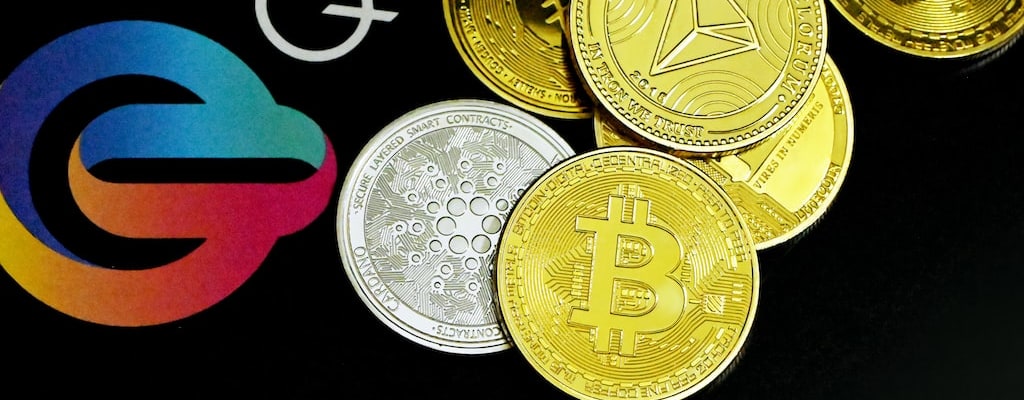money for jam: Idiom Meaning and Origin
What does ‘money for jam’ mean?
The idiom "money for jam" means easy money or a task that requires little effort but pays well.

Idiom Explorer
The idiom "silly money" refers to an excessive or absurd amount of money, often used to describe a huge sum paid for something that may not be worth its value.
The idiom "pin money" refers to a small amount of extra money that is earned for personal use or personal expenses.
The idiom "on the money" means to be exactly correct or accurate.
The idiom "meal ticket" refers to a source of income or a person who provides financial support, often in exchange for companionship or personal services.
The idiom "make short work of" means to complete a task quickly or easily, often implying efficiency or skill in doing so.
The idiom "make quick work of" means to complete or finish something quickly and efficiently.
The idiom "make light work of" means to complete a task easily or quickly without much effort or difficulty. It implies that the task was not challenging and required minimal time or energy to accomplish.
The idiom "make it rain" means to throw a large amount of money in the air, typically in a showy or extravagant manner, as a demonstration of wealth or to celebrate success.
The idiom "make hay" means to take advantage of an opportunity or to make the most of a situation. It implies being proactive, efficient, and seizing the moment to achieve positive outcomes.
The idiom "make hard work of" means to find something difficult or challenging that should be easy or straightforward.
Hidden Riches
The idiom "money for jam" is a phrase that describes a situation where someone can easily obtain or make money with little effort or skill. It combines the meanings of "money" and "jam" to symbolize an easy and enjoyable way to earn income.
"Money" represents currency or wealth, which is universally understood as valuable. On the other hand, "jam" refers to work that is easy and enjoyable to perform. It conveys the idea of something pleasurable that requires minimal effort and brings satisfaction.
The idiom suggests that the remuneration received is disproportionate to the effort put in. It captures the idea of receiving greater rewards than expected for a task that requires little skill or exertion. This idiom can be used humorously or sarcastically to describe situations where someone receives excessive compensation for a relatively uncomplicated job or task.
Although the origin of the phrase is unclear, it is believed to have emerged in British English in the early 20th century. Since then, it has gained popularity and is now recognized and understood by many English speakers worldwide.
While the idiom "money for jam" is well-established, its usage may vary within different English-speaking communities. Consider the cultural context and familiarity of the audience when utilizing this idiom. Idiomatic expressions evolve over time, and their meanings can adapt or change slightly depending on cultural and linguistic conventions.
The idiom "money for jam" offers a glimpse into the diverse and dynamic nature of idiomatic expressions in the English language. It reflects the creative use of metaphor and imagery to convey nuanced meanings. As with many idioms, it encapsulates a complex concept succinctly, allowing for efficient communication and expression.
The idiom "money for jam" is related to other idiomatic expressions such as "jam today," "pin money," "silly money," "mad money," and "on the money."
The idiom "jam today" is used to describe the desire for immediate gratification or immediate reward. It refers to the notion of enjoying the benefits or rewards now, rather than waiting for the future. When combined with "money for jam," it emphasizes the idea of receiving instant and effortless financial gain.
The term "pin money" originated in the 17th century and referred to money for small personal expenses, typically earned by women by doing sewing work or pin-making. In the context of "money for jam," it suggests that the income earned is small and intended for personal enjoyment or discretionary spending.
"Silly money" is a colloquial expression used to describe an excessive or exorbitant amount of money. When used alongside "money for jam," it highlights the idea of receiving an unexpectedly large amount of money for a relatively easy task or job. It implies that the compensation received is beyond what is considered reasonable or proportionate.
"Mad money" is a term that originated in the 1920s and refers to money set aside for emergencies or unexpected expenses, often by women. When combined with "money for jam," it suggests that the income earned is intended for personal use, as a safety net or reserve.
The phrase "on the money" is an idiomatic expression used to describe something that is precisely accurate or correct. In the context of "money for jam," it implies that the income earned is exactly as expected or deserved, given the level of effort or skill required for the task or job.
These related idioms provide additional depth and nuance to the concept of "money for jam." They explore different aspects of financial gain, immediate rewards, excessive compensation, personal expenses, and the accuracy of the remuneration received. By incorporating these idioms, we further enrich our understanding of the versatility and richness of idiomatic expressions in the English language.
Example usage
Examples of how the idiom "money for jam" can be used in a sentence:
- She found a part-time job that allows her to work from home and earn extra income easily. It's like money for jam!
- He realized that investing in real estate was like money for jam, as the property values kept increasing.
- After winning the lottery, she felt like money for jam and could afford all her dream vacations.
More "Finance" idioms



